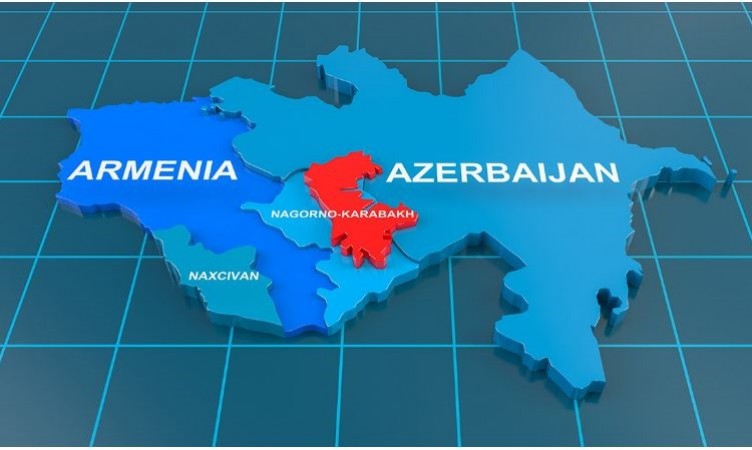
Azerbaijan has initiated what it terms 'anti-terrorist operations' within the Nagorno-Karabakh region, asserting its aim to restore constitutional order and remove Armenian military presence. This move raises concerns of a potential resurgence of conflict. The United States has urged Azerbaijan to cease its military actions in Nagorno-Karabakh, while Russia has implored both conflicting parties to halt the bloodshed. Apprehensions have arisen regarding the possibility of another full-scale confrontation with Armenia, less than three years following a conflict that claimed over 6,000 lives.
US Secretary of State Antony Blinken conducted discussions with Azerbaijani President Ilham Aliyev and Armenia's Prime Minister Nikol Pashinyan, urging Baku to de-escalate the situation. Russia is striving to maintain its influence in the region, which is crisscrossed with oil and gas pipelines, amid heightened Turkish involvement in support of Azerbaijan. Moscow, on Wednesday, called upon both sides to cease hostilities and return to adhering to the 2020 ceasefire agreement.
The International Committee of the Red Cross has coordinated the delivery of approximately 20 tons of flour to Nagorno-Karabakh this week, sourced from Armenia, along with medical supplies via an alternative route originating in Azerbaijani-controlled territory. Authorities in Nagorno-Karabakh had previously declined aid through the latter route, alleging that it was part of Azerbaijan's strategy to assert dominance over the region. Although these shipments hint at a gradual easing of the crisis, tensions escalated on Tuesday when Azerbaijan reported military and civilian casualties, leading to an artillery operation.
Here are 10 crucial points to understand:
Nagorno-Karabakh, with a population of around 120,000, is an ethnically Armenian enclave within Azerbaijan. It has been a focal point of conflict since the dissolution of the Soviet Union. Following a separatist war in 1994, ethnic Armenian forces, backed by Armenia's military, gained control of the region and substantial surrounding territories. In 2020, Azerbaijan regained control over these territories and parts of Nagorno-Karabakh itself through armed conflict.
Armenians, primarily Christian, assert a deep historical presence in the area dating back centuries before Christ. Azerbaijan, where the majority are Turkic Muslims, also claims historical ties to the region.
Karabakh separatist authorities have reported 27 casualties, including two civilians, and over 200 injuries as a result of Baku's military actions on Tuesday.
The First Karabakh War, which raged from 1988 to 1994, displaced over a million people and claimed approximately 30,000 lives.
In 2020, a 44-day war erupted, known as the Second Karabakh War, in which Azerbaijan launched a military operation, swiftly breaking through Armenian defenses and reclaiming seven districts and a significant portion of Nagorno-Karabakh.
Ongoing negotiations, mediated by the European Union, the United States, and Russia, have brought the two parties closer to a permanent peace treaty, but a definitive agreement remains elusive.
The status of the 120,000 ethnic Armenians in Karabakh is the most contentious issue. Armenia insists on guaranteeing their rights and security, while Prime Minister Nikol Pashinyan has affirmed Armenia's recognition of Azerbaijan's sovereignty and territorial integrity. However, Baku questions the sincerity of this assertion and accuses Armenia of promoting separatism.
Turkish President Recep Tayyip Erdogan has expressed full support for Azerbaijan's military operation, emphasizing their unity in defending territorial integrity.
The European Union has condemned the escalation in Karabakh, calling for an immediate cessation of hostilities and urging Azerbaijan to halt its military activities.
The United Nations has labeled the situation as "very concerning" and has called for an immediate end to the fighting. The Secretary-General has stressed the need for strict adherence to the 2020 ceasefire and international humanitarian law, as well as facilitating humanitarian access to those in need. Additionally, the UN has called for a renewed focus on building confidence and achieving long-term peace in the region.